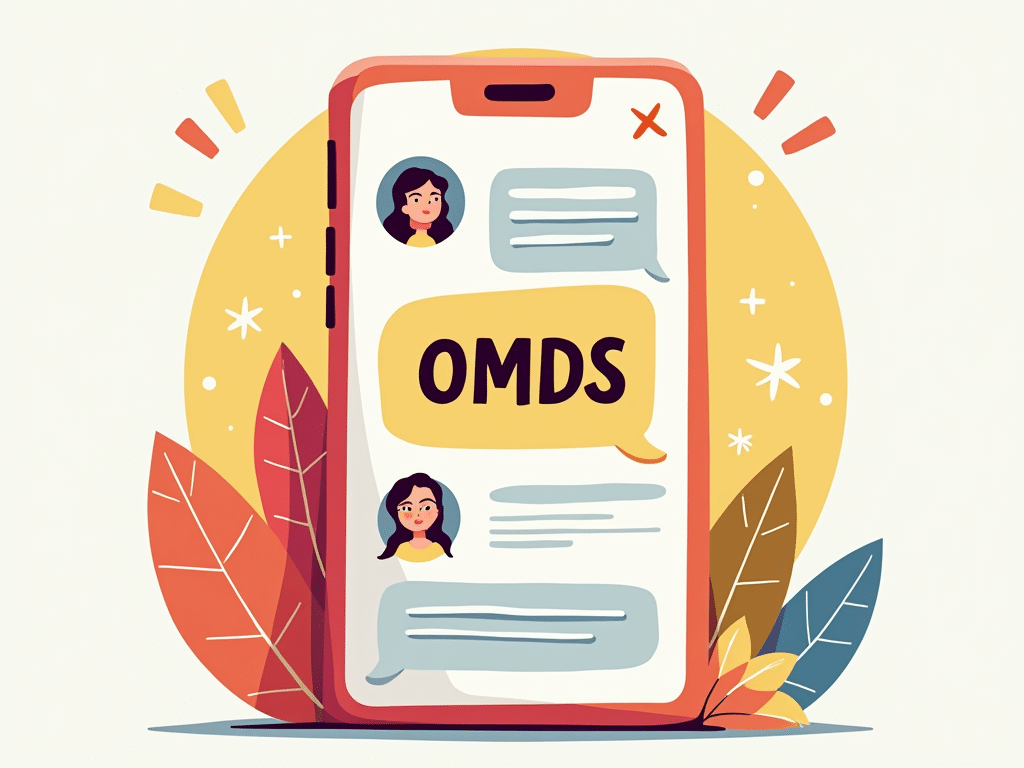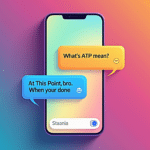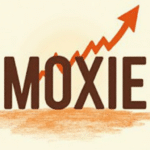Ever seen OMDS pop up in a text or social media post and scratched your head? You’re not alone! OMDS is the latest slang acronym taking over digital conversations, and it’s time we unpack what it really means. Whether you’re trying to keep up with the cool kids or just curious about new lingo, this guide will break down everything you need to know about OMDS.
| Key Takeaways | Description |
|---|---|
| Definition | OMDS stands for “Oh My Days!” |
| Usage | Common in texting, social media, and casual online chats |
| Tone | Expresses surprise, excitement, or disbelief |
| Context | Informal communication, not suitable for professional settings |
| Similar Terms | OMG (Oh My God), OMD (Oh My Days) |
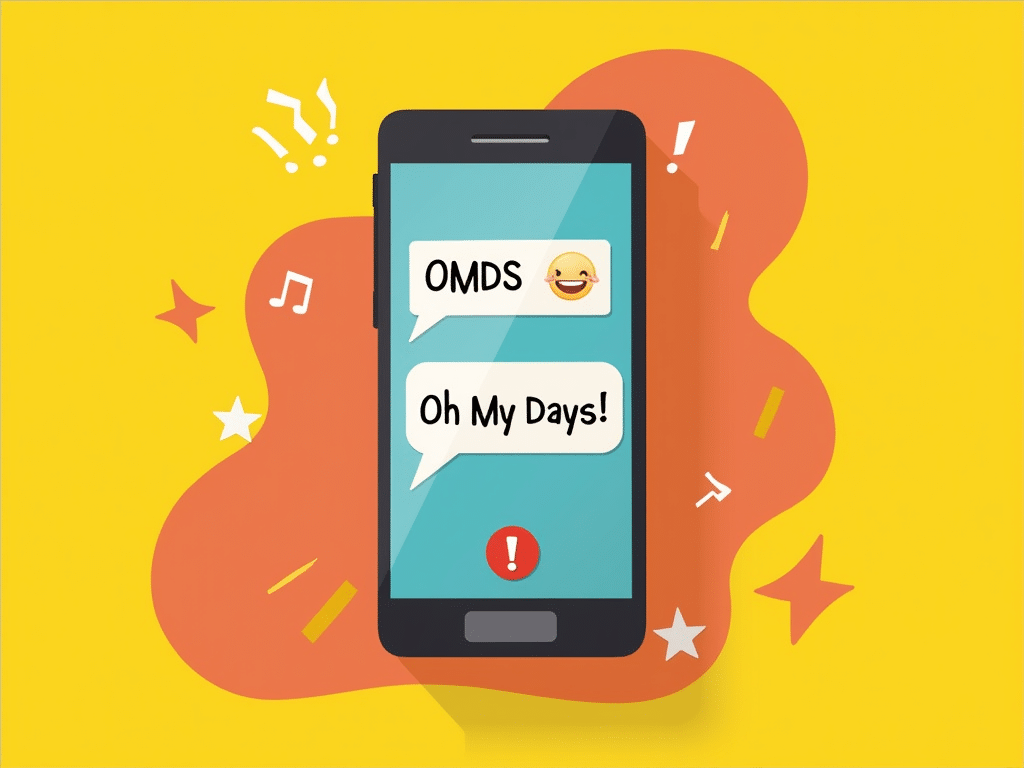
OMDS Meaning: Breaking It Down
OMDS Meaning: OMDS is an acronym that stands for “Oh My Days!” It’s a catchy way to express surprise, excitement, or disbelief about something. Think of it as the cooler, slightly less dramatic cousin of “Oh My God!” It’s like saying “Wow!” but with a bit more oomph.
OMDS Meaning in Text: In text messages or online chats, OMDS is typically used as a standalone exclamation or at the beginning of a message to set the tone. Here’s how you might see it used:
- Friend: “I just won tickets to the concert!”
- You: “OMDS! That’s amazing!”
Or in a more casual exchange:
- You: “OMDS, you won’t believe what just happened at school 😱”
The Origins of OMDS
OMDS didn’t just appear out of thin air. It’s part of the ever-evolving world of internet slang. The phrase “Oh my days” has been around in British and some African English dialects for a while, but its acronym form OMDS is a more recent development.
Here’s a quick timeline of how OMDS came to be:
- “Oh my days” used in spoken language
- Internet culture starts abbreviating common phrases
- OMD (Oh My Days) starts appearing in texts
- OMDS emerges as a more emphatic version
It’s like LOL or OMM – these acronyms start small and then suddenly, everyone’s using them!
When to Use OMDS (And When Not To)
OMDS is super handy, but it’s not for every situation. Here’s a quick guide on when to use it:
👍 Do use OMDS when:
- Chatting casually with friends
- Reacting to surprising news or events
- Expressing excitement in informal settings
👎 Don’t use OMDS in:
- Professional emails or messages
- Formal writing or academic papers
- Serious or somber conversations
OMDS vs. Other Slang Terms
OMDS isn’t the only exclamation in town. Let’s see how it compares to some other popular slang terms:
| Term | Meaning | When to Use |
|---|---|---|
| OMDS | Oh My Days! | Expressing surprise or excitement |
| OMG | Oh My God | Similar to OMDS, but more widely recognized |
| WTF | What The F* | Stronger expression of shock or disbelief |
| LOL | Laugh Out Loud | Indicating humor or amusement |
The Art of Using OMDS
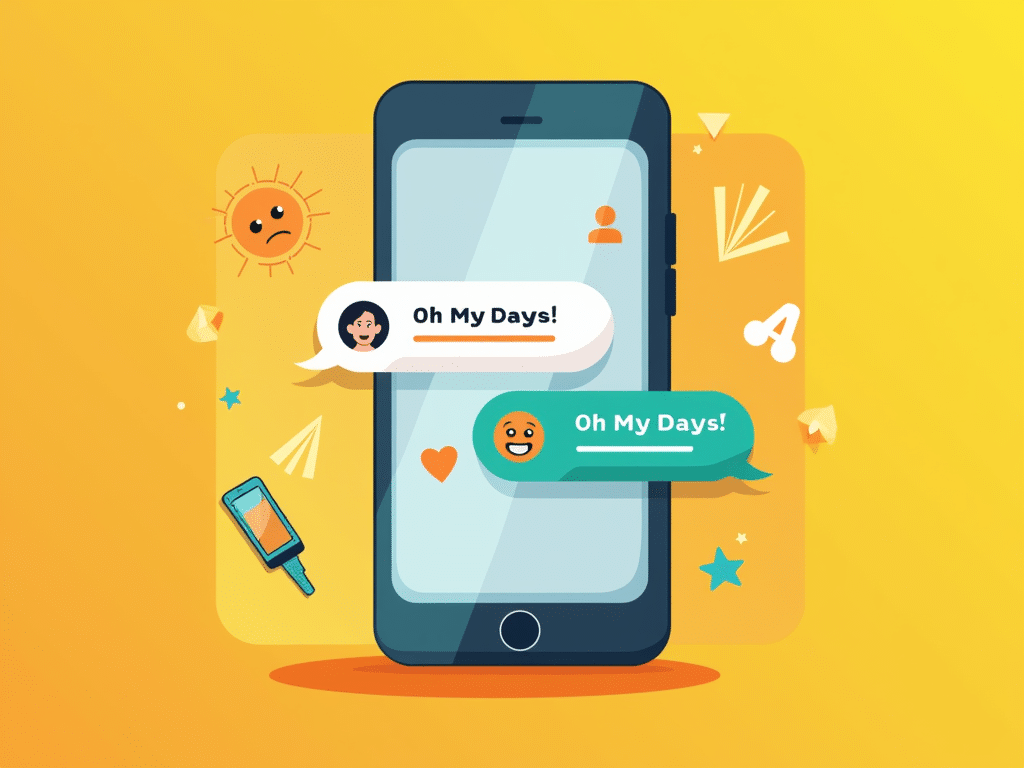
Using OMDS is more than just typing four letters. It’s about conveying emotion in a quick, punchy way. Here are some tips to use OMDS like a pro:
- Match the energy: Use OMDS for genuinely surprising or exciting things. Don’t overuse it, or it’ll lose its impact.
- Consider your audience: Your friends will get it, but your boss might be confused.
- Pair it with emojis: A well-placed 😱 or 🤯 can enhance the effect of OMDS.
- Use variations: Sometimes “OMDS!” or “omds…” can change the tone slightly.
Remember, the goal is to express yourself clearly. If you think OMDS might confuse the person you’re talking to, it’s okay to spell things out.
OMDS in Pop Culture
OMDS has been making waves on social media platforms like TikTok, Twitter, and Instagram. You might see it in:
- Reaction videos: “OMDS, did you see that flip?”
- Memes: Picture of a surprising event with “OMDS” plastered across it
- Comments: Users expressing shock at viral content
It’s become a quick way for people to show they’re amazed or caught off guard by something online. The beauty of OMDS is its versatility – it can be used for both positive and negative surprises.
The Psychology Behind OMDS
Ever wonder why we love using expressions like OMDS? There’s some interesting psychology at play:
- Emotional Expression: OMDS allows us to quickly convey strong emotions in a text-based format.
- Group Identity: Using slang like OMDS can make us feel part of a specific social group or generation.
- Linguistic Efficiency: It’s a quick way to pack a lot of meaning into just four letters.
OMDS in Different Contexts
OMDS can take on slightly different meanings depending on where it’s used:
Social Media
On platforms like Twitter or Instagram, OMDS often appears in comments reacting to viral content or breaking news. It’s a way to show you’re genuinely shocked or impressed.
Texting
In one-on-one chats, OMDS might be used more personally. It could express surprise at a friend’s news or react to an unexpected event in someone’s life.
Online Gaming
Gamers might use OMDS to react to impressive plays or unexpected twists in a game. It’s like a virtual gasp of amazement.
The Evolution of OMDS
Language is always changing, and OMDS is no exception. Here’s how it’s evolved:
- Early 2010s: “Oh my days” gains popularity in spoken language, especially in the UK.
- Mid 2010s: OMD starts appearing in text messages and social media.
- Late 2010s: OMDS emerges as a more emphatic version.
- 2020s: OMDS spreads globally through social media platforms like TikTok.
OMDS and Digital Literacy
Understanding acronyms like OMDS is part of being digitally literate in today’s world. It’s not just about knowing what the letters stand for, but also:
- Recognizing the tone and context
- Using it appropriately in different situations
- Understanding its cultural significance
For parents and educators, teaching about OMDS and similar acronyms can be part of helping young people navigate online communication responsibly.
Alternatives to OMDS
While OMDS is catchy, sometimes you might want to mix it up. Here are some alternatives:
- “Wow, that’s crazy!”
- “I can’t believe it!”
- “No way!”
- “That’s wild!”
- The classic “😱” emoji
These options can help you express surprise or excitement while adding a bit more variety to your messages.
Cultural Impact of OMDS
OMDS isn’t just a slang term; it’s a reflection of how language evolves in the digital age. It shows how:
- Regional expressions can go global through the internet
- Written language is adapting to convey the nuances of spoken language
- Younger generations are creating their own linguistic markers
Understanding and using terms like OMDS can help bridge generational gaps and improve digital communication skills.
Conclusion: The Future of OMDS
As our digital language continues to evolve, what’s next for OMDS? Will it stick around, or will new expressions take its place? Only time will tell. But one thing’s for sure: understanding slang like OMDS helps us stay connected in our fast-paced digital world.
Remember, language is all about communication. Whether you’re using OMDS or spelling out “Oh my days!”, the goal is to express yourself clearly and connect with others. So go ahead, use OMDS when it fits – just make sure your message comes through loud and clear!
Want to dive deeper into the world of online slang? Check out our articles on NPC meaning or IRL to expand your digital vocabulary even more!

